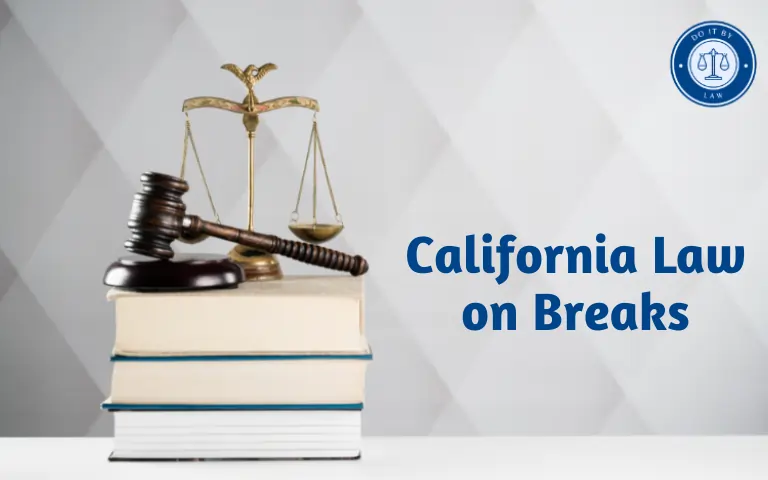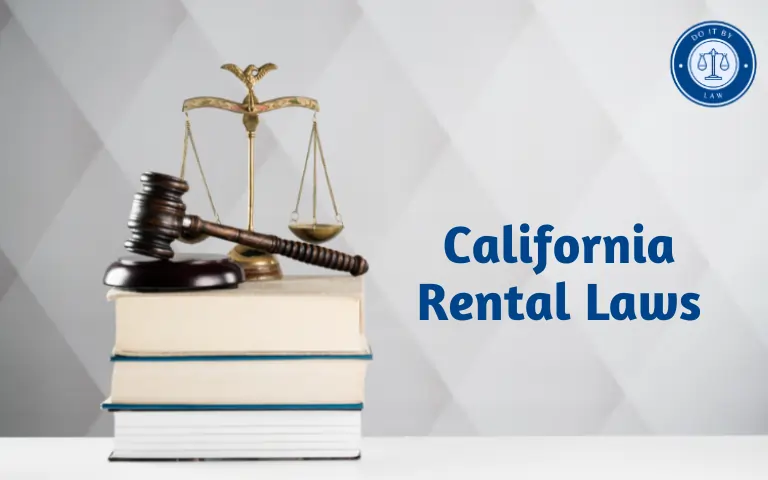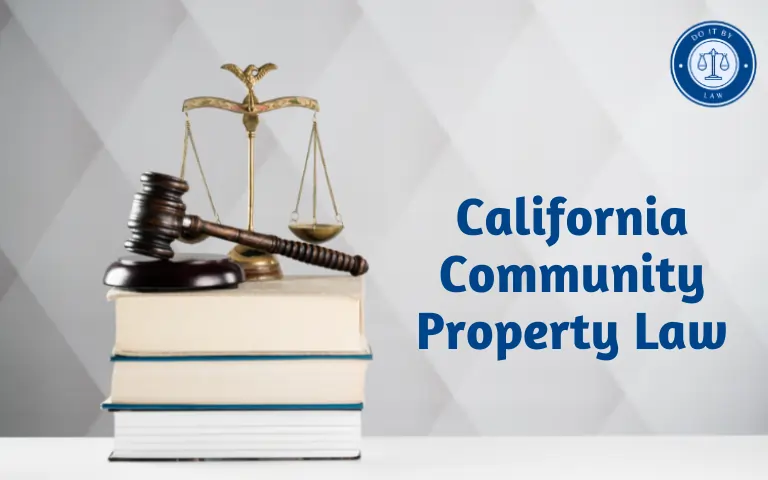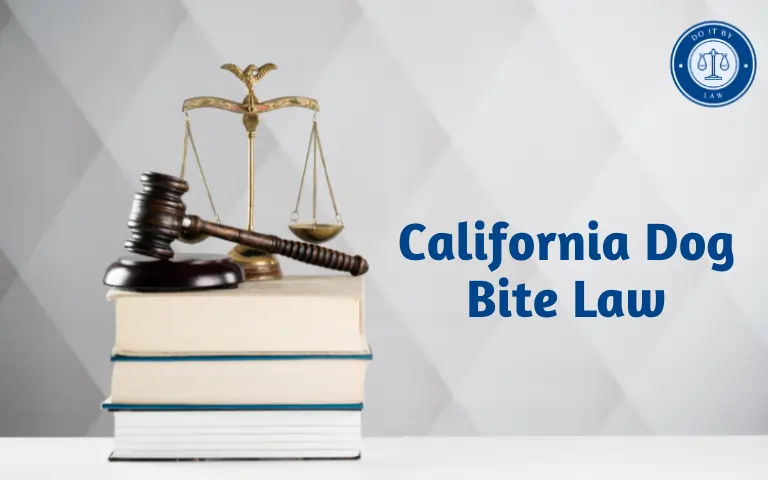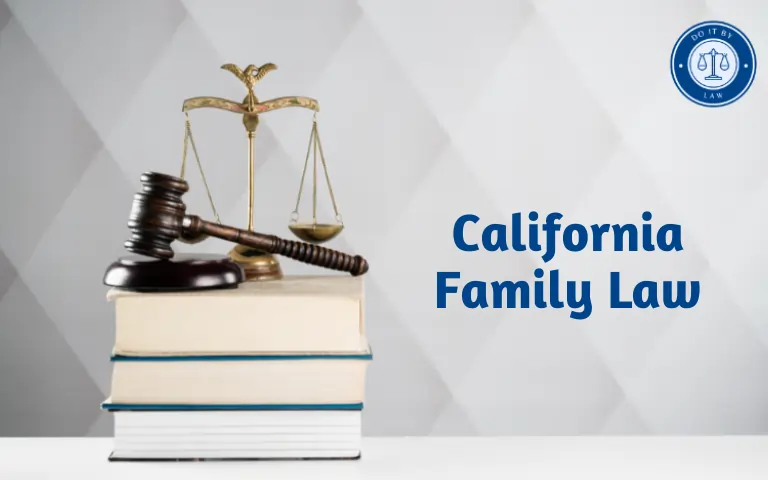California Concealed Carry Laws: What You Need to Know
The right to bear arms is constitutionally protected, but states can regulate the manner of carry, including open versus concealed. California Concealed Carry Laws of firearms in public places compared to most other states. Restrictions aim to balance individual self-defense needs with public safety concerns over concealed weapons.
Gun owners must navigate a patchwork of state statutes, local variations, permitting hurdles, and public area bans. Penalties for violations are severe. Changes in recent years have incrementally eased restrictions, but permits remain limited compared to “shall-issue” states.
History of California Concealed Carry Laws
California State enacted one of the nation’s first concealed weapons statutes in 1917, banning carrying a concealed pistol or revolver. This codified existing common law restrictions against concealed weapons when public carry was otherwise common.
In the 1920s and 30s, permits were made available but remained discretionary, similar to today’s “may-issue” standard. After a 15-year ban, the concealed permit program returned in 1956. The law continued tight restrictions justified by rising post-war violent crime.
In the 1990s and 2000s, laws expanded prohibited areas and implemented “safe storage” transportation requirements. But permits became an appealable right starting in 1996 for citizens showing just cause and good moral character. Standards loosened somewhat but remain tighter than most states today.
Major U.S. Supreme Court rulings in 2008 and 2010 affirmed personal self-defense as a key Second Amendment right, preventing some California bans. But significant limits remain under the state’s concealed carry permitting policy.
California Concealed Carry Laws Permit Types
California has among the most restrictive regimes for issuing concealed carry permits in America. It remains a “may issue” rather than “shall issue” state. There are three main categories of CCW permits, with eligibility standards and allowed weapons varying for each one:
- General Concealed Carry – Issued by county sheriffs to citizens who apply and demonstrate “good cause” and good moral standing. Difficult to obtain for average citizens.
- Judicial Concealed Carry – Issued by superior court judges to reserve and retired law enforcement or state judges upon request. More easily obtained.
- Employment Concealed Carry – Issued by county sheriffs to certifiated Federal law enforcement and some private investigators, armored car guards, or private practice investigators. Job-tied.
General permits allow concealed transport of handguns listed on the permit. But judicial and employment permits extend to all concealable firearms. Certain other exemptions exist for specific occupations like wildlife control, alarm repair, jewelers, and retired federal agents. Types and eligibility continue to evolve based on legal challenges.
Who Can Obtain a California Concealed Carry Laws Permit?
Strict standards limit who can legally obtain a concealed carry permit in California. Requirements vary based on the type of permit:
General Permits are issued by county sheriffs and require being a resident and showing both:
- Good cause – Must demonstrate clear and present danger to life or safety, such as documented threats and restraining orders. Self-defense and protection are not adequate causes alone. Requests are rarely granted.
- Good moral character – No felony convictions or other prohibitions like mental illness or addictions. Multi-year application process includes background checks and character references.
Judicial Permits go to judges and qualified retired law enforcement officials. They must demonstrate good moral character and a past need to carry concealed firearms while employed.
Employment Permits for private investigators, security staff, and armored car personnel require employer sponsorship, fingerprinting, training certification, and background checks. Work-related need must be proven.
In practice, permits are accessible primarily to law enforcement, judges, celebrity bodyguards, and armored couriers, not average citizens. Self-defense concerns or high-crime locations alone do not satisfy “good cause” requirements in most counties.
California Concealed Carry Laws Key Provisions and Restrictions
California concealed carry permit holders face many restrictions under the law:
- Weapons approved for concealed carry are listed on the permit. Extensive testing of accuracy and moral character is required to qualify each gun.
- Open carry of firearms in public is generally prohibited. Concealed carry permit holders must conceal permitted guns when transported outside residences.
- Permits do not override local restrictions. Many cities and counties impose additional concealed carry bans, signage requirements, etc.
- Gun registration is mandatory. Permitted concealed-carry firearms must be legally registered with the California Department of Justice.
- Ammunition purchases require background checks and face quantity limits. Permit holders still must comply with stringent ammunition purchase and reporting rules.
- Magazine capacity is restricted to 10 rounds maximum. Larger magazines must be modified or disposed of when acquiring a concealed carry permit.
- Storage and transport rules must be followed explicitly, with firearms unloaded and locked in containers separate from ammunition when not on the permit holder’s person.
- Brandishing or reckless use forfeits permit privileges. Using a concealed weapon for anything other than lawful self-defense can trigger severe penalties.
- Renewals are required every 1-2 years with ongoing background checks and training. Permits can be revoked for violations resulting in loss of “good moral character”.
Penalties for Violating California Concealed Carry Laws
Failing to comply with California’s strict concealed carry regulations carries severe criminal penalties, including:
- Carrying a concealed firearm without a valid permit is punishable by 16 months to 3 years in prison.
- Possession of a concealed weapon where prohibited is up to 1 year in county jail.
- Brandishing or misuse of a concealed firearm adds 3 to 10 years to any sentence.
- Unregistered concealed carry of a loaded firearm brings 3 to 8 years imprisonment.
- Sentencing enhancements for gang affiliation, prior convictions, or committing a crime while violating concealed carry laws.
- Temporary restraining orders can ban gun access and concealed carry privileges if deemed necessary for safety.
- Permit revocation, loss of gun ownership rights, and prohibitions on future concealed carry permits.
Penalties vary based on the circumstances and local jurisdiction but stack up harshly for multiple violations. Punishments for concealed carry without a valid permit or where prohibited aim to deter unlawful concealed weapons.
California Concealed Carry Laws Recent Changes and Proposed Reforms
Concealed carry laws keep evolving in California through legislation, regulations, and court rulings:
- Age limits changed from 18 to 21 in 2018 for firearm sales and concealed carry permits.
- “Open carry” bans were expanded after Supreme Court rulings forced recognition of concealed carry rights.
- “Good cause” evidentiary standards were strengthened by some urban counties, requiring specific documented threats.
- Training requirements were increased to a minimum of 8 hours for new permit applicants starting in 2021.
- Lapses in gun “safe storage” rules now allow temporary immediate retrieval for self-defense purposes without penalties.
- Court challenges seek more permissive “shall-issue” rules instead of “may-issue” permit discretion.
- Rural counties with more gun rights support tend to apply “good cause” standards more loosely than urban counties.
- Recent legislation proposes raising permit fees, requiring liability insurance for permit holders, and other additional restrictions.
The overall trend in California is toward moderately increased concealed carry access coupled with expanded complementary gun regulations to prioritize public safety.
Gun Reciprocity with Other States
California does NOT recognize any out-of-state concealed carry permits and has no reciprocal agreements with other states. All non-residents must obtain a California concealed carry permit, following the strict eligibility rules to carry concealed firearms legally when visiting California.
Even residents of the 25+ “constitutional carry” states allowing concealed firearms without permits cannot legally conceal carry guns in California without obtaining a California CCW permit first.
Highly restrictive states like California generally do not reciprocate with more permissive states granting concealed carry more freely. This patchwork of state laws causes confusion and risks for gun owners traveling across state lines.
California Concealed Carry Laws Situations and Questions
Interpreting California’s complex concealed carry laws poses many scenarios requiring expert legal guidance. Below are some examples:
Conclusion
Obtaining a concealed carry permit in California is extremely difficult for average citizens not in law enforcement. Extensive “good cause” justification plus moral character vetting must be satisfied, and managed at the sheriff’s discretion. Even permit holders face severe restrictions on approved weapons, transport, storage, and prohibited locations. Penalties for violations are strict. Recent modest liberalization has loosened limits incrementally, but California remains among the most restrictive states for concealed carry rights. Navigating gun laws here requires great care and responsibility.


